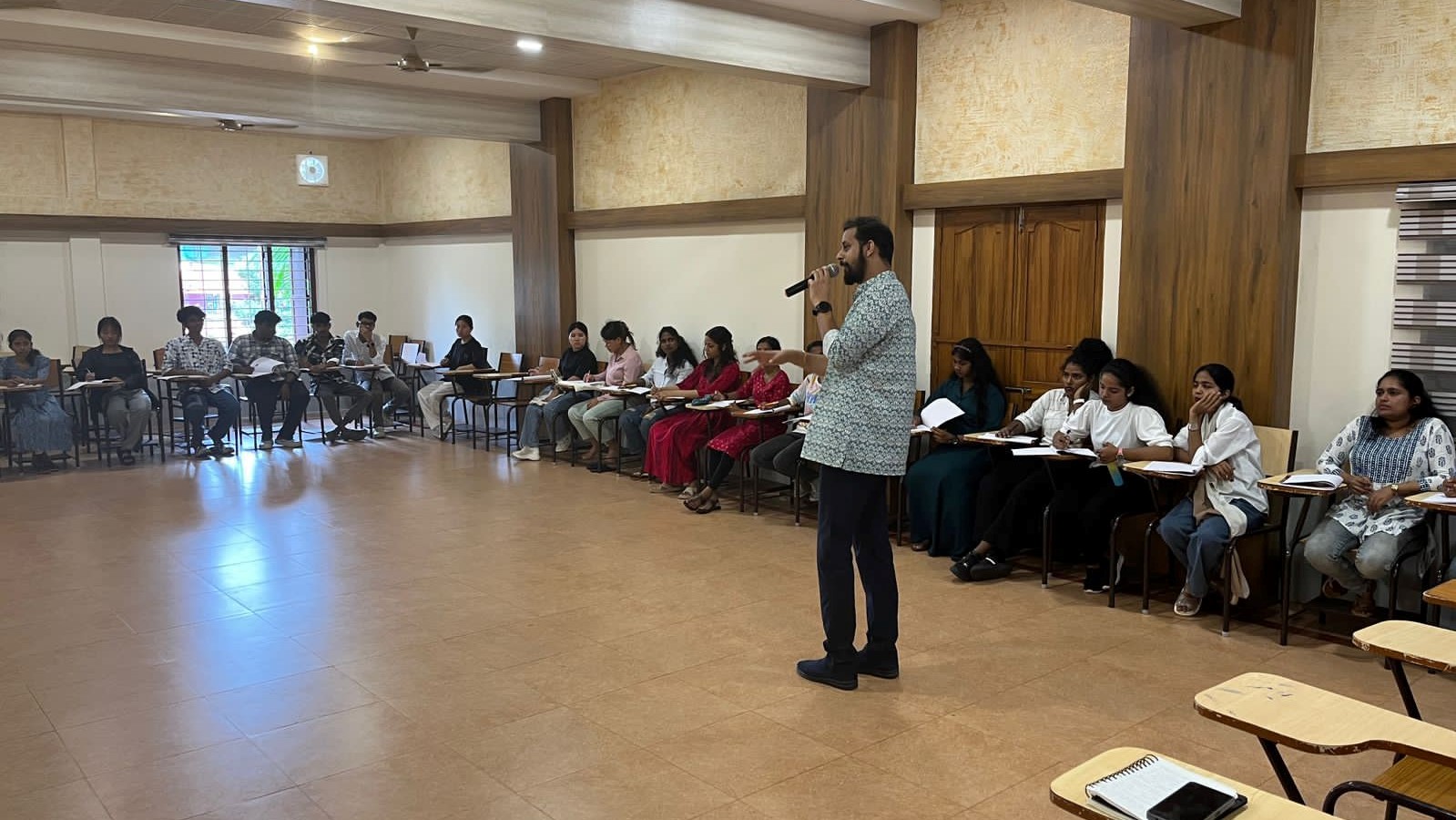Top 10 Soft Skills for Achieving Success in Your Career
The modern work environment is dynamic, and having the appropriate soft skills can greatly improve your chances of advancing in your job. Soft skills are character traits that let you communicate with people in a productive and peaceful manner. Soft skills are about how you work and relate to others, as opposed to hard skills, which are about your technical proficiency.
The Top 10 Soft Skills We Want
- Communication: The skill of successfully communicating ideas.
- Teamwork: Easily working together with others.
- Problem-Solving: Coming up with creative answers to problems.
- Adaptability: The ability to thrive in dynamic situations.
- Critical Thinking: Making well-informed decisions.
- Time management: Effectively setting objectives for tasks.
- Interpersonal Skills: Building strong connections
- Leadership: Inspiring and leading groups.
- Creativity: Thinking outside the box.
- Work ethic: Participating in commitment and dedication.
Communication: In every aspect of activity, effective communication is crucial. It involves communicating simply and clearly but it also involves listening carefully and taking the time to understand the needs and perspectives of others. Being efficient in this area might help in keeping miscommunications and encouraging positive behavior at work.
Teamwork: It’s critical to have strong teamwork skills. This means working effectively with coworkers, honoring differing opinions, and developing a supportive team environment. Better project outcomes and a more pleasurable work environment are the results of good teamwork.
Problem-Solving: Employers respect those who manage issues with a solution-oriented perspective. Analyzing circumstances, recognizing possibilities, and successfully putting them into practice are all components of problem-solving abilities. Navigating every detail of the modern job requires this expertise.
Adaptability: At an energetic workplace, the ability to adapt to unexpected issues is significant. Everyone that is adaptable are strong in the face of difficulty, open to new ideas, and able to change directions as crucial.
Critical Thinking: The use of critical thinking includes reasoned decision-making and objective information analysis. It involves comparing the available data, challenging opinions, and understanding the effects of different options. Strategic planning and problem-solving require this ability.
Time management: You can organize your work, establish reasonable deadlines, and stop waiting by using effective time management techniques. You may achieve your goals more effectively and with less stress so you have good time management skills.
Interpersonal Skills: Developing good interpersonal skills allows one to create and get positive relationships. This covers successful discussing, empathy, and active listening. A more friendly workplace and improved teamwork might result from having strong interpersonal skills.
Leadership: In every aspect of managing a team of individuals, a leader must inspire and motivate them. Effective leaders set a positive example, empower their team members, and express a clear goal. Strong leadership abilities increase the potential of successful teamwork.
Creativity: Is the ability to think creatively and come up with original ideas. It involves taking a fresh approach to issues and developing unique solutions.
Work Ethic: Highlights of a strong work ethic are dedication, responsibility, and performance. Employers strongly motivate those who continually do excellent work, meet deadlines, and have a strong work ethic. A strong work ethic improves respect and trust in the workplace.
Conclusion
Incorporating these top 10 soft skills into your professional Collection can significantly enhance your career development. Whether you’re entering the job market or looking to advance in your current role, these skills are key to achieving success.To Learn more about soft skill training.Get in touch with Team Inspire, the leading soft skill training center Kerala.
FAQs
Improve soft skills by:
1.Practicing active listening and clear communication
2. Participating in team activities
3. Engaging in problem-solving tasks
4. Embracing new experiences
5. Using time management tools
Both are important. Technical skills are necessary for specific tasks, while soft skills are crucial for effective teamwork, leadership, and career advancement.
Soft skills can lead to better job performance, stronger relationships with colleagues, increased job satisfaction, and greater career advancement opportunities. They make you a more effective and adaptable employee.
Soft skills like communication, empathy, and conflict resolution enhance teamwork by fostering a collaborative and respectful environment. They help team members understand each other better and work together more effectively.



